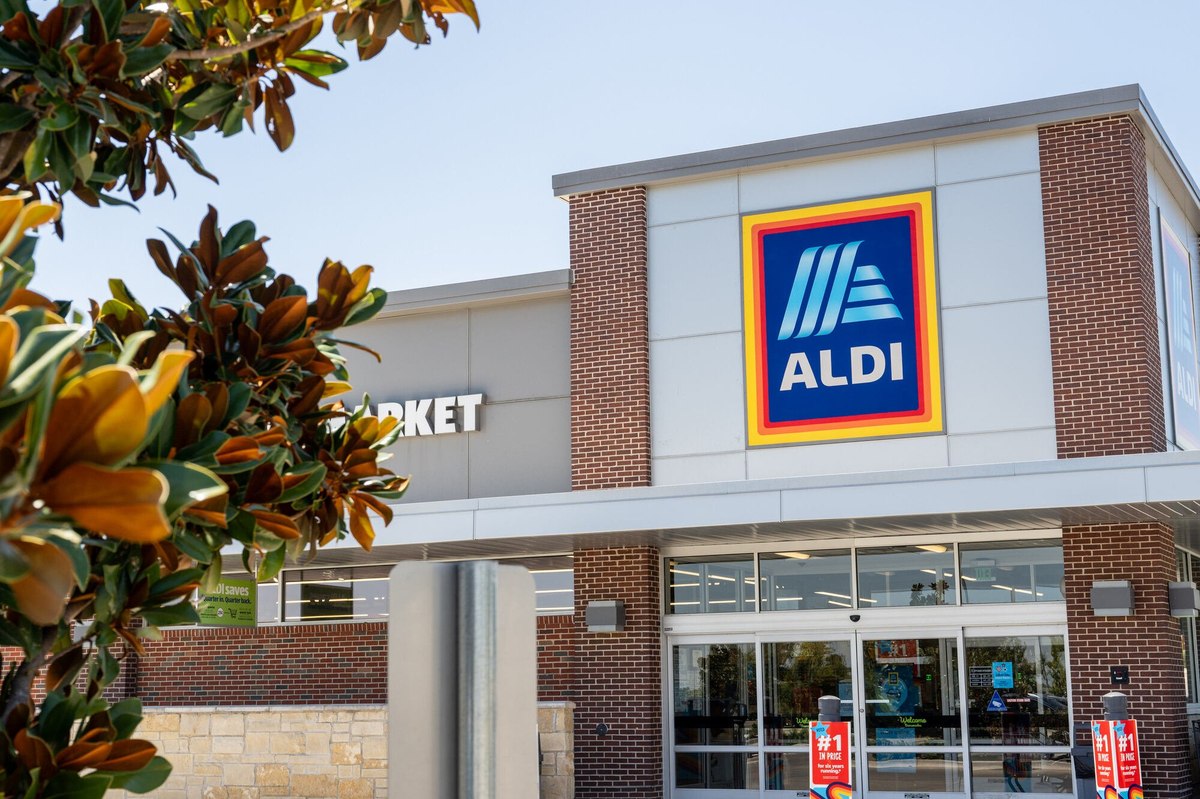
US: In Winn-Dixie takeover, Aldi aims to level playing field with biggest rival in the Southeast
Aldi’s planned acquisition of Winn-Dixie and Harvey’s Supermarkets in the Southeastern region of the US has set the stage for a potential shakeup of the competitive grocery landscape.
The acquisition, spanning states including Alabama, Florida, Georgia, Louisiana and Mississippi positions Aldi to challenge its main competitor in the region, Publix.
To receive monthly insights about the FMCG industry register here.
Data from YouGov shows this development could pave the way for intensified competition and offer budget-conscious shoppers a fresh alternative. Below are three key takeaways about how the takeover could reshape the Aldi-Publix rivalry in the Southeast.
1. Aldi already has strong Awareness among grocery shoppers in the region
Among grocery shoppers in the Southeast, Aldi has the fifth highest rate of brand awareness among all grocery stores with a score of 84.4%. It trails slightly behind other major brands chains such as Publix (88.5%), Winn-Dixie (88.1%), Kroger (85.2%) and 7-Eleven (84.4%)
Aldi’s presence should only be expected to grow with the new acquisition of close to 400 Winn-Dixie and Harveys locations.
2. Consumer consideration in the Southeast is highest for Publix, but Aldi’s recent takeover provides opportunities to win market share
Aldi boasts a Consideration score (whether consumers would consider shopping at a grocery store the next time they’re in the market for groceries) of 35.6%, which ranks second only to Publix’s substantial score of 57.3%.
Taking into account Winn-Dixie's Consideration standing at 28% (third highest in the region), the takeover presents Aldi with a chance to gain a significant share of consumers who were previously inclined towards the former.
It’s still unclear whether Aldi will convert Winn-Dixie and Harveys stores to the Aldi branding, but the company still stands to benefit from the potential crossover of loyal customers.
3. Aldi beats Publix in perceptions of Value
Aldi has a leg up on Publix and every other grocery store in the region in a key dimension of brand health. Its Value score (a measure of whether consumers think a brand offers good or bad value) of 38.4 is more than double that of Publix’s own Value score (18.4).
The company’s value-driven model appears to resonate well with grocery shoppers in the Southeast, especially in a year when consumers are more price-conscious amid rising cost of living.
Photo by Getty Images